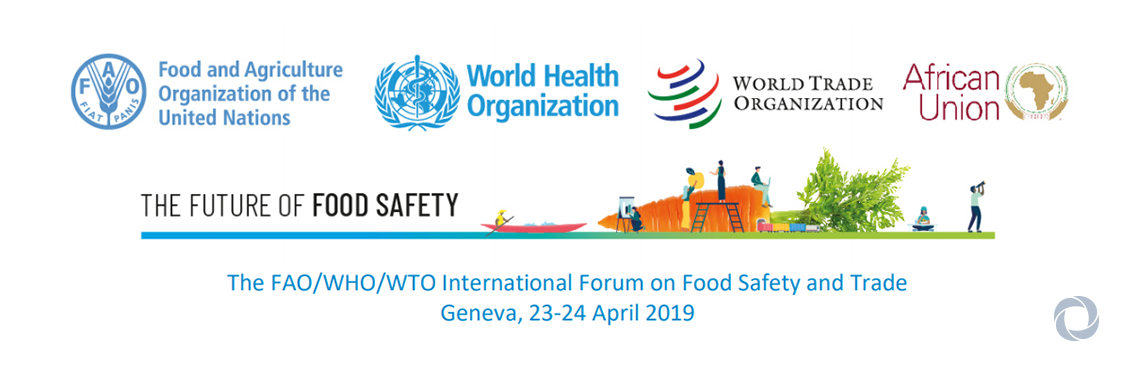With an estimated 600 million cases of foodborne illnesses annually, unsafe food is a threat to human health and economies globally.
Foodborne diseases in low- and middle-income countries costs at least US$100 billion a year, with this cost exceeding US$500 million for 28 countries, according to a recent World Bank study. Ongoing changes in climate, global food production and supply systems affect consumers, industry and the planet itself: food safety systems need to keep pace with these changes.
The burden of unsafe food disproportionally affects vulnerable and marginalized people and poses sustainability and development challenges. Despite the growing recognition of the fundamental role food safety plays in achieving the Sustainable Development Goals (SDGs) and the main objectives of the UN Decade of Action on Nutrition, efforts to strengthen food safety systems remain fragmented and the gains, particularly in many developing countries, have been well below expectations.
Continuing the discussions from the Addis Conference, the Geneva Forum will address the trade-related aspects and challenges of food safety. The food safety priorities set by this Conference will facilitate global collaboration and help ensure that no one is left behind. It will provide an opportunity for participants to explore the challenges and opportunities arising from rapid technological change and digitalization, namely:
- the use of new technologies in the realm of food safety and trade;
- how trade in safe food can be facilitated at the borders;
- multi-stakeholder coordination and the role of partnerships;
- harmonizing food safety regulation in a period of change and innovation.
The conference will result in a document summarizing key issues and recommendations from both, the Addis Conference and the Geneva Forum, to better align and coordinate efforts to strengthen food safety systems across sectors and borders.
Tentative programme of the FAO/WHO/WTO International Forum on Food Safety and Trade.
VENUE:
Geneva, Switzerland
23-24 April 2019
Original source: WHO
Published on 27 March 2019

